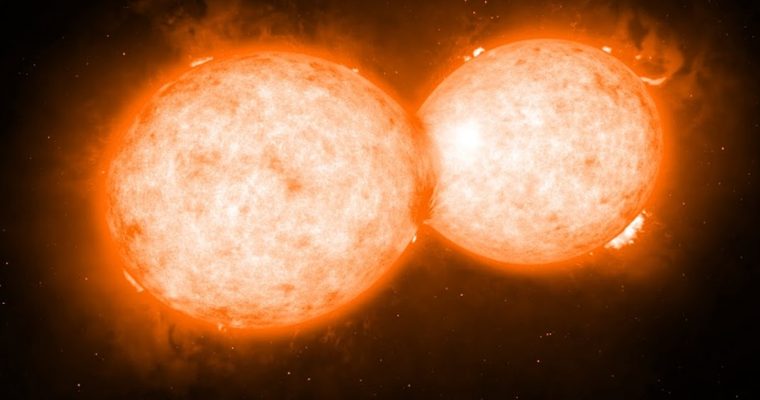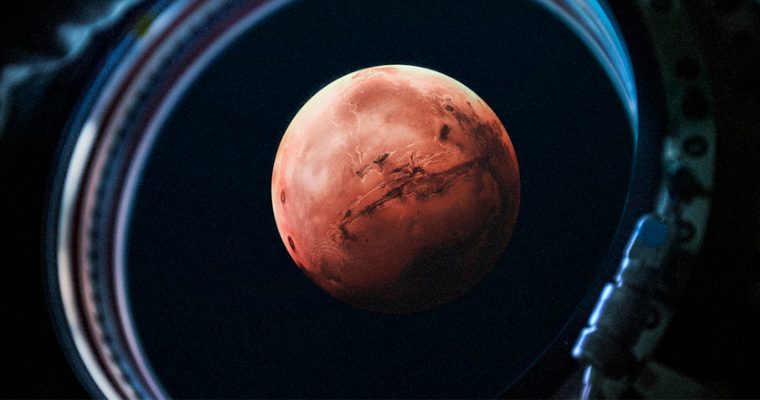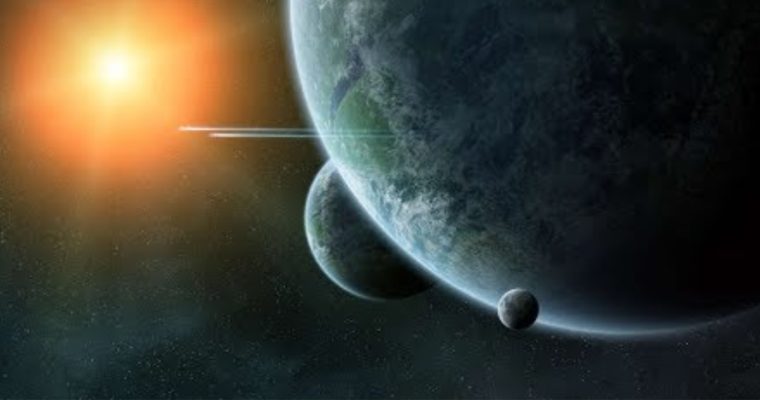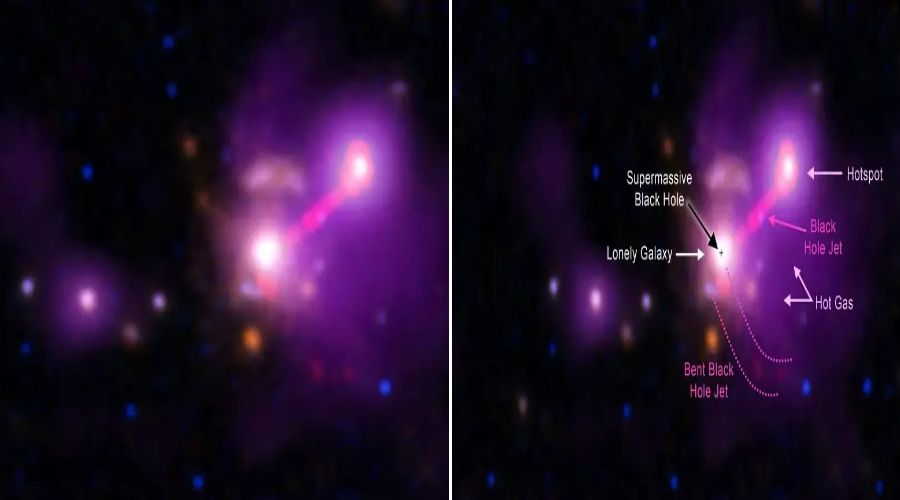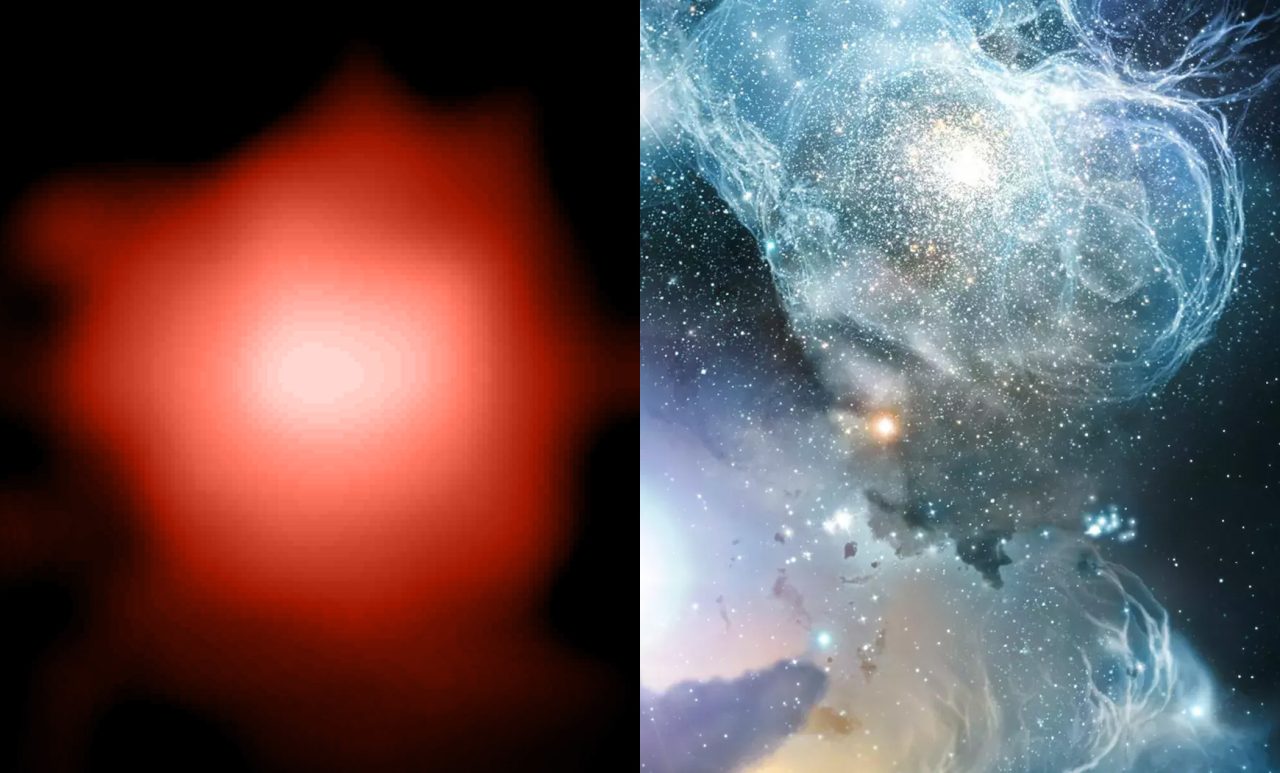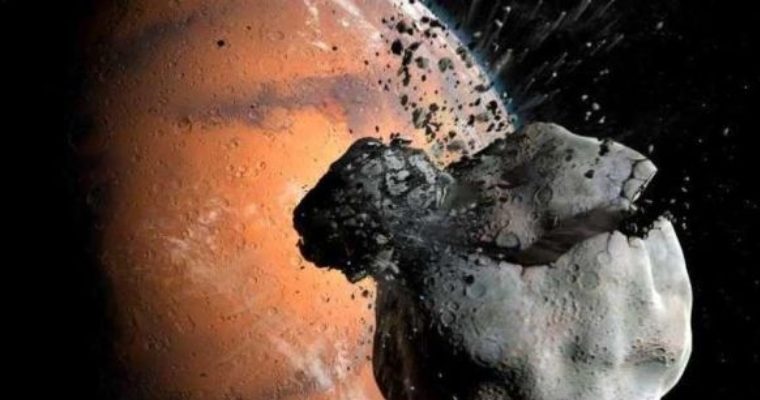Scientists believe they may have witnessed the collision of our universe with a parallel universe.
The fabric of our existence has been torn by another universe that is very different from our own, according to evidence they have found in signals from the universe’s farthest reaches. They may uncover evidence through their inquiry to support the multiverse theory.

“Dr. Ranga-Ram Chary studied the noise and residual signals in the cosmic microwave background left over from the Big Bang (shown) and found a number of scattered brilliant spots,” the researchers’ findings state. According to Dr. Chary, these brilliant spots could be signs from an alternate world that ran into ours billions of years ago.
This appears to be the conclusion that academics have reached, at the very least, proviso. In accordance with a variety of cosmological theories, it should be possible for parallel universes to clash. Our universe is simply one of many bubbles, according to a plethora of theories.

Any universe that begins with an event akin to the big bang will continue to expand indefinitely after that. That holds true for every single universe. It is therefore not strange that they might occasionally cross paths.
They are all lined up, possibly vibrating, jumping, and rubbing against one other in close proximity, according to the experts.
Dr. Chary is under the impression that the signal he’s received suggests that the other universe is very dissimilar to our own.
According to him, the ratio of certain subatomic particles known as photons and baryons might be approximately ten times higher in it than it is in our own universe

Dr. Chary’s justification states that “the meticulous tuning of traits in the early cosmos required to mimic our current world suggests that our universe may simply be a region within an eternally expanding super-region.”

There are likely to be a great number of other regions beyond the reaches of our observable universe, and each of these places would be ruled by a unique set of physical parameters in comparison to those that we have observed for our universe.
There is still a lot of work that has to be done in terms of study, but this might be the start of some really intriguing findings.



